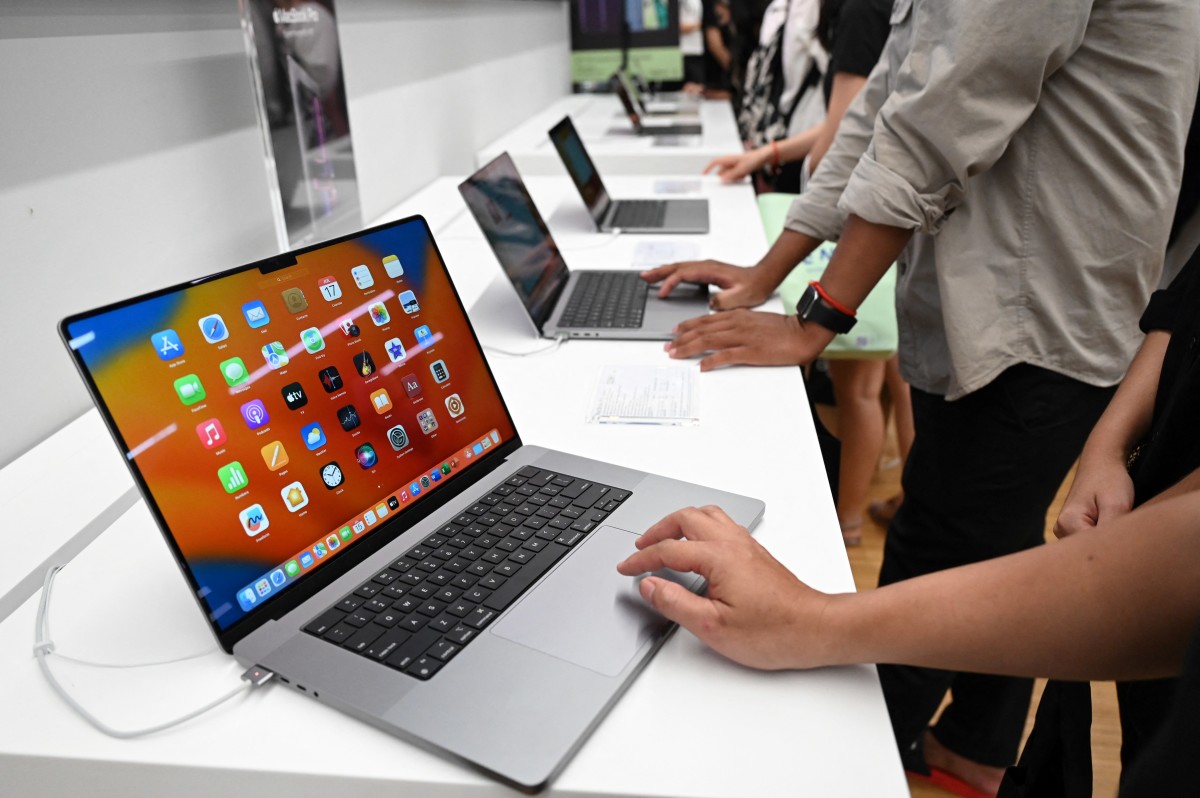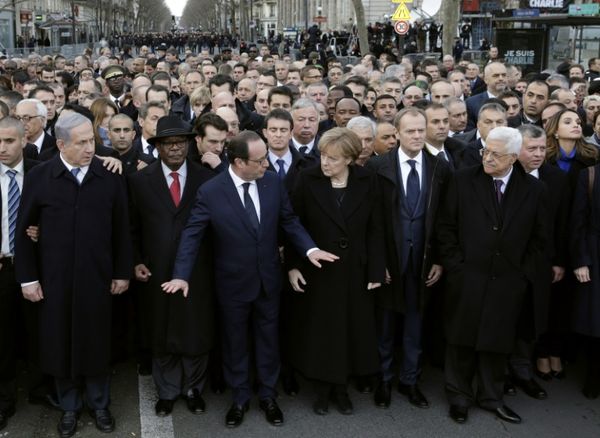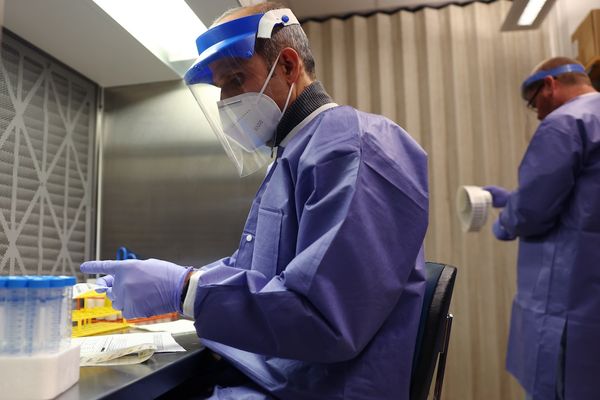
Good morning, happy Monday and welcome to Tech News Now, TheStreet's daily tech rundown.
In today's edition, we're (still) covering Elon Musk's lawsuit against Sam Altman and OpenAI, India's recent advisory to tech and artificial intelligence companies, Apple's antitrust fine and a new set of MacBooks.
Tickers we're watching today: (AAPL) , (TSLA) .
Let's get into it.
Related: Gary Marcus says Elon Musk 'has a point' with latest lawsuit against Sam Altman, OpenAI
OpenAI staff disputes Musk lawsuit
Last week, Elon Musk — a founding member of OpenAI who departed the board in 2018 — filed suit against the company and its CEO Sam Altman, alleging that the company has strayed from its original nonprofit mission of transparently developing AI to serve the citizenry, rather than shareholders.
More than damages, Musk is seeking a legal requirement forcing OpenAI to return to the openness and transparency of its youth.
"OpenAI has been transformed into a closed-source de facto subsidiary of the largest technology company in the world: Microsoft," the suit claims.
With @elonmusk , feels like a bit of sour grapes in suing @OpenAI , not getting in early enough, not staying committed and now a rival effort. Like they say if you can't innovate, litigate and that's what we have here. Elon of old would would be building with us to hit the same…
— Vinod Khosla (@vkhosla) March 2, 2024
In an internal memo — first reported by Axios — sent on Mar. 1 by OpenAI chief strategy officer Jason Kwon, the company disputed Musk's claims, saying that the billionaire's allegations "including claims that GPT-4 is an AGI, that open-sourcing our technology is the key to the mission and that we are a de facto subsidiary of Microsoft — do not reflect the reality of our work or mission."
In his note, Kwon — in a rare move for a company that often works to drum up hype — downplayed the capabilities of GPT-4, saying that it "is capable of solving small tasks" but cannot "devise novel solutions to longstanding challenges."
The complicated reality and optics of the suit, pointed out by AI researcher Gary Marcus, involve a few threads: one, that Musk, through xAI and several efforts at Tesla (TSLA) , is a clear competitor of OpenAI.
And two, that OpenAI's defense of Musk's lawsuit — which claims without evidence that the company has built an AGI through its GPT-4 system — could require OpenAI to "prove that they haven't reached AGI, even though OpenAI likes to hint that they have or are close," according to Marcus.
Marcus, who previously said that Musk "has a point" with the lawsuit, thinks "the world would be a better place" if OpenAI were to return to its original nonprofit mission.
Related: Here are all the copyright lawsuits against ChatGPT-maker OpenAI
India's tech advisory
India's Ministry of Electronics and IT on Friday issued an advisory to AI firms that will require "significant" companies to get government approval before launching new systems.
India’s IT Deputy Minister Rajeev Chandrasekhar confirmed in a post on X that the advisory is just that, an advisory, though he said that the move signals "the future of regulation."
Chandrasekhar said that the advisory is aimed at "significant" platforms, adding that governmental approval is only necessary for larger platforms and won't apply to startups.
Good F’ing lord. What a travesty. Requiring government approval to deploy a motor vehicle.
— Gary Marcus (@GaryMarcus) March 4, 2024
‘
It’s anti public. And we all lose.
Keep the roads free. Repeal driver’s licenses. Insurance, too. https://t.co/jWQN21bxKB
The advisory, he said, is focused on preventing "untested AI platforms from deploying on Indian internet."
"Process of seeking permission, labeling & consent-based disclosure to user abt untested platforms is (an) insurance policy to platforms who can otherwise be sued by consumers," he said.
The advisory additionally asks AI companies to make sure that their models "do not permit any bias or discrimination or threaten the integrity of the electoral process.”
Related: New platform seeks to prevent Big Tech from stealing art
Apple's antitrust fine
Apple was hit with a nearly $2 billion antitrust fine by the European Commission on Monday, the result of a 2019 complaint in which music streamer Spotify (SPOT) argued that Apple's app-store conduct was unfairly restrictive against it and other music streamers.
The Commission specifically found that Apple prohibits music streaming apps from informing IOS users of alternate and cheaper subscription options outside of an app.
"For a decade, Apple abused its dominant position in the market for the distribution of music streaming apps through the App Store," Margrethe Vestager, executive vice president in charge of competition policy said in a statement.
Apple, in a lengthy statement in response, said that it plans to appeal the decision, adding that Spotify is seeking to "rewrite the rules of the App Store" to further advantage itself. The company, according to Apple, "wants more."
"Today, Spotify has a 56 percent share of Europe’s music streaming market — more than double their closest competitor’s — and pays Apple nothing for the services that have helped make them one of the most recognizable brands in the world," the statement reads. "A large part of their success is due to the App Store, along with all the tools and technology that Spotify uses to build, update, and share their app with Apple users around the world."
The company said that Spotify chose to sell subscriptions on the website rather than the app, adding that the company currently "pays Apple nothing."
Shares of Apple fell a little more than 1% in pre-market trading Monday.
Related: Apple CEO Tim Cook sends clear message about AI to Wall Street
Apple's newest addition to the MacBook Air family
Apple is bringing its 3-nanometer M3 chip to two of its most popular Mac laptops.
The 13-inch and 15-inch MacBook Air now feature M3 to speed things up 13x faster than Intel Macs and up to 60% faster than an M1 Mac.
These both still boast the modern build in four colors, plenty of ports, and up to 18 hours of battery life. The M3 chip also boasts a 16-core neural engine that makes it especially adept at handling AI and machine-learning tasks.
Related: Apple announces its newest additions to the MacBook Air family
The AI Corner: Another kind of copyright lawsuit
The screenwriter behind the 1989 film "Road House" sued Amazon Studios for copyright infringement last week.
The complaint alleges that in 2021 R. Lance Hill — known also as David Lee Henry — filed a petition with the U.S. Copyright Office to reclaim his copyright ownership over the original "Road House" script. Amazon at the same time was working to make a remake of "Road House," a film that is set to come out this month.
The suit goes on to allege that Amazon, ignoring his request, proceeded to use AI to recreate actors' voices during the SAG strike in order to meet a November deadline in which the copyright reverted to Hill.
"Defendants went so far as to take extreme measures to try to meet this November 10, 2023 deadline, at considerable additional cost, including by resorting to the use of AI during the 2023 strike of the Screen Actor’s Guild to replicate the voices of the 2024 Remake’s actors," the complaint reads.
Amazon has said that the claim is without merit, adding: "The film does not use any AI in place of actors’ voices. We look forward to defending ourselves against these claims.”
Contact Ian with tips and AI stories via email, ian.krietzberg@thearenagroup.net, or Signal 732-804-1223.
Related: Here are all the copyright lawsuits against ChatGPT-maker OpenAI







